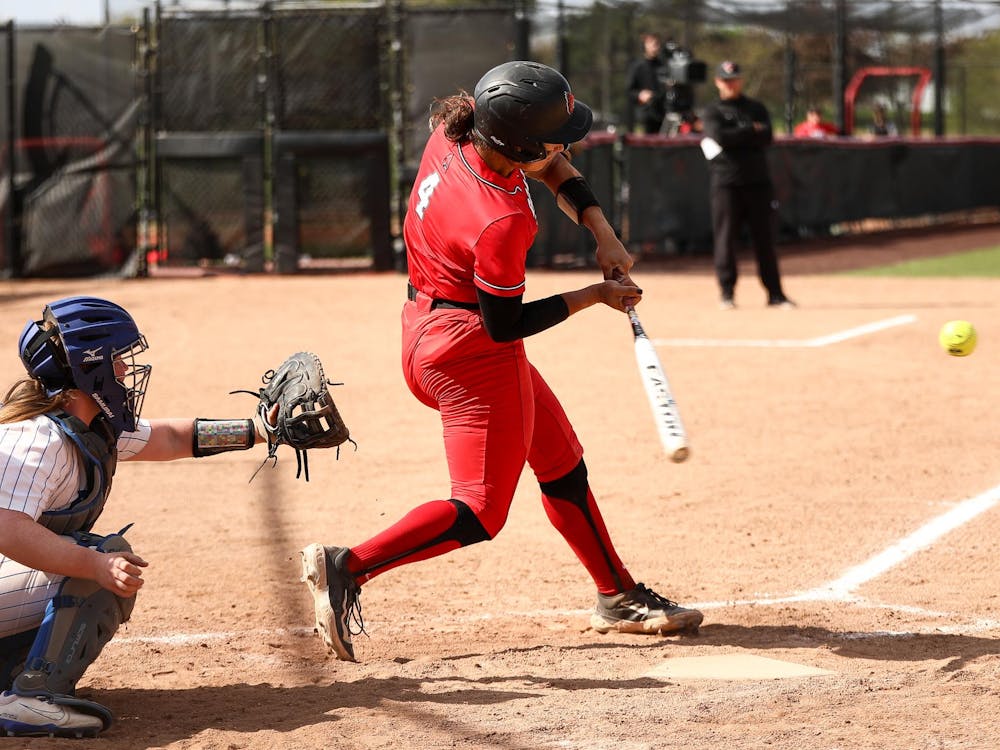I competed in the 2009 Fed Challenge Competition last Monday along with four other economics and finance majors. We had been preparing all semester for this one presentation. Our task was to present our in-depth analysis of the state of the economy, predict the actions of the Federal Reserve and make recommendations for monetary policy in 20 minutes. Out of the 18 universities competing, we did not win; however, our team's analysis and conclusions regarding the economy offer a clear picture of where the economy is and where it's going.
There is good news. The economy is not as bad as the media makes it out to be, in fact, our group argued that we are most likely already out of the recession, and well into the recovery.
To reach this conclusion, we began by analyzing different economic indicators. Many times such data can be interpreted differently. For instance, one can look at rising unemployment and argue that it is a bad sign for the economy, but one can also look back and see that in the past few recessions, unemployment has lagged, meaning that it continues to rise well after a recession has ended. Industrial production, consumer expenditures and the stock market have all increased sharply over the last quarter. Each of these rising is a sign that we are exiting or have already exited the recession. Furthermore, the interest rate spread between long and short term treasuries has begun to widen, which is also a sign of a growing economy. Past data looks good, but what about the future?
Forecasts for 2010 in general look good. The Philadelphia Fed's Survey of Professional Forecasters estimated gross domestic product growth for 2010 to be over three percent. This three percent even accounts for the (hopefully) one-time government spending we saw in this most recent quarter — "cash for clunkers," among other things. The same group also forecasted that unemployment would level off sometime in 2010 and finally start to decrease. It even forecasted relatively low inflation for the next year, less than three percent.
There is a lot of disagreement concerning the inflation risk for 2010 and beyond, at least there was between my group and the judges. The unprecedented amount of government intervention in financial markets, both fiscal and monetary, has essentially flooded the economy with money. But, we're not seeing much of an increase in the inflation rate or interest rate futures because banks are not lending out their excess reserves and they are holding huge amounts. Forecasters are not expecting much inflation because they assume banks will not begin to loan out these reserves. However, if banks do begin to make loans again, which they will if the economy recovers, (it is at the very least beginning to), before the Fed can decrease the money supply, there will be significant inflation.
A lot of inflation is very damaging to an economy. It makes people have to spend more dollars to purchase the same amount of goods. It makes businesses and banks estimate inflation into their interest rates. By wrongly estimating inflation, either the lender or the borrower is hurt. If either is hurt it is bad for the economy. So if the professional forecasters, who presumably know what they are doing, are not worried about inflation, why am I and my group?
Without going into the details, we think the combination of the 100 percent or more increase in the monetary base, the soon to be recovering economy, lending from banks and the still lingering trillion-plus dollar bailout packages still being processed will all combine for a nasty bout of inflation.
Furthermore, I believe there will be political pressure on Ben Bernanke and the Fed to keep interest rates low as to not risk slumping back into the recession. It's unofficial political pressure, of course; the Fed is separate and non-partisan after all. The Federal Reserve is not stupid. It knows there are trillions of dollars floating around that could end up creating inflation. Should they keep the stimulus and risk inflation? Or should they withdraw and risk a continued recession? Essentially, they are caught between a Barack and hard place.
MAKING CENTS: Stimulus risks inflation; 2010 forecast is good





